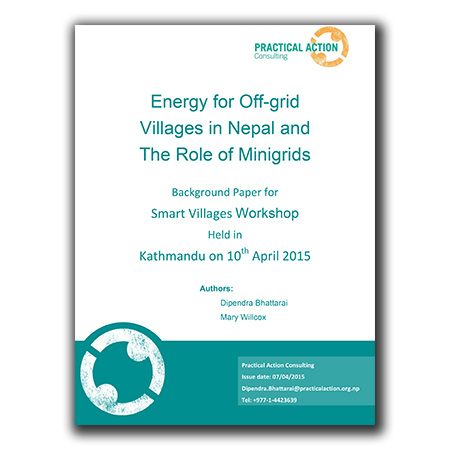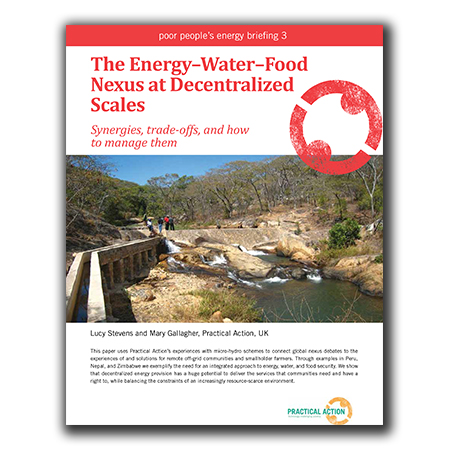10 questions to ask about distributed generation
10 Questions to Ask about Distributed Generation, a collaboration between WRI, WWF and Prayas (Energy Group), is part of the 10 Questions to Ask Series and provides a framework for stakeholder engagement around the common questions and challenges that arise in the context of planning for and implementing DG option to address electricity access gaps. […]
10 questions to ask about distributed generation Read More »



















